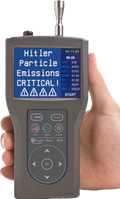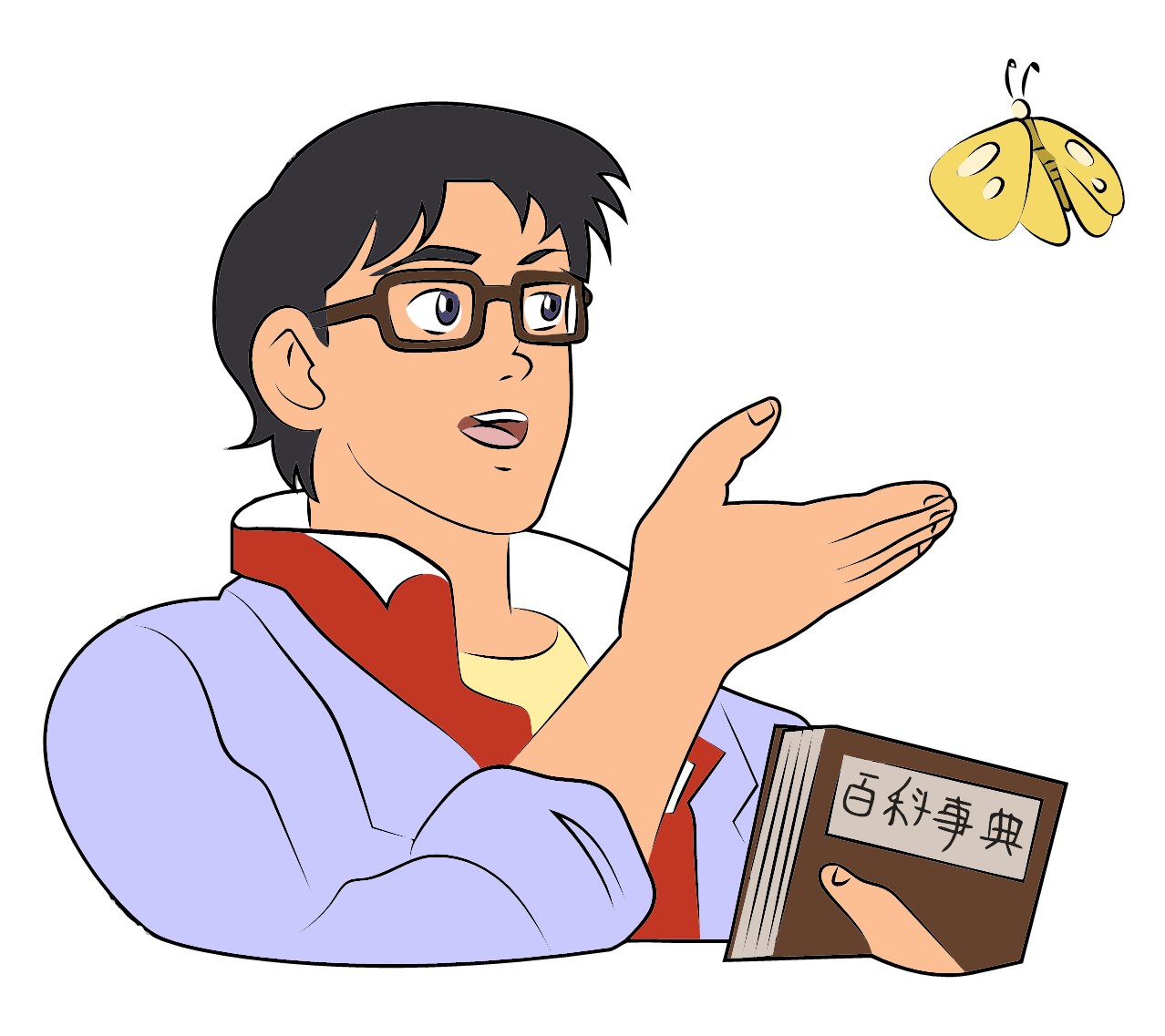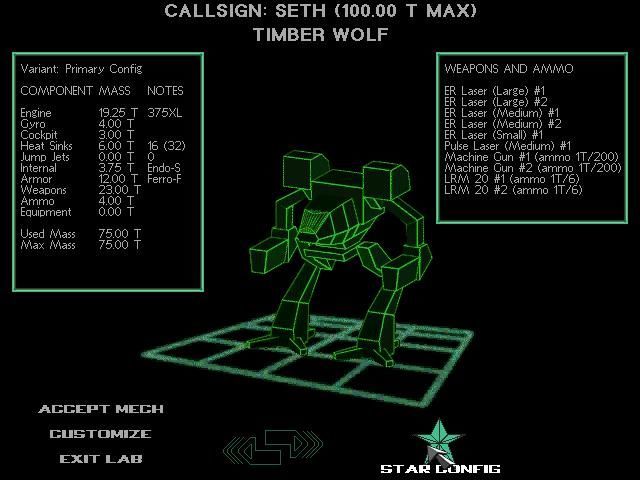Karp, who’s known as a provocateur, aggressively condoned violence, often peering into the audience with hungry eyes, palpably desperate for claps, boos or shock.
He began by saying that the US has to “scare our adversaries to death” in war. Referring to Hamas’s 7 October attack on Israel, he said: “If what happened to them happened to us, there’d be a hole in the ground somewhere.”
Members of the audience laughed when he mocked fresh graduates of Columbia University, which had some of the earliest encampment protests in the country. He said they’d have a hard time on the job market and described their views as a “pagan religion infecting our universities” and “an infection inside of our society”

“The peace activists are war activists,” Karp insisted. “We are the peace activists.”


A huge aspect of war in a democracy, Karp went on to argue, is leaders successfully selling that war domestically.

Cohen urged the room to see the 7 October attack as a “big warning” about tech in military settings. Although Israel had invested “very heavily” in defense and surveillance technology, it had failed to stop the attack, Cohen noted. “We do need to have a little bit of humility.”



This didn’t seem to be a common view. The prevailing attitude of the conference was when systems fail, it just means you need newer technology, and more of it.

said hi to the person next to me, a man who appeared to be in his late 50s.
“Have you seen Oppenheimer?” he asked.
I thought he was going to talk about the hubris of people who build weapons of war. Instead, he told me he works in nuclear weapons research at Los Alamos laboratory
“I just thought of something,” he said abruptly, laughing. “I am the new Oppenheimer!”
Oh you “just thought” of that did you? 
only other journalist covering the conference was my friend Jack Poulson, who said I should join him at a panel discussion about ethics and human rights.
starting the Q&A. Jack stood up at the first opportunity. He talked about the “provocative remarks” made throughout the conference about “exporting AI into places like Gaza”. Voice shaking, he mentioned Karp “unabashedly supporting” the ongoing killings in Gaza, and said Karp’s comments about “winning the debate” were clearly a euphemism for crushing dissent. A couple of audience members laughed quietly as Jack asked: could the panel respond to any of this?
The moderator decided to let everybody else ask their questions and let the panelists choose which to answer. Unsurprisingly, no one directly answered Jack’s question.
Later, as I entered the main conference hall, I found myself right behind a group of kids with tiny backpacks. They appeared to be in first or second grade. I asked a teacher, a blond woman with glasses, if there was an exhibit for kids. She said no, but one of them had a dad working at the event.
A slim man with dark hair approached the kids. He had a Special Competitive Studies Project pin on his suit. Beaming, he took a picture with them. About 30 minutes later, I found him taking the kids on a tour. He was squatting down to their height and pointing at something in a booth for a military vendor. I couldn’t hear what he was saying.

a panel in Palantir’s booth titled Civilian Harm Mitigation. It was led by two “privacy and civil liberties engineers” – a young man and woman who spoke exclusively in monotone.
 ableism?
ableism?
on an interactive map, a targeted landmass lit up with bright blue blobs. These blobs, she said, were civilian areas like hospitals and schools. The civilian locations could also be described in text, she said, but it can take a long time to read. So, Gaia uses a large language model (something like ChatGPT) to sift through this information and simplify it.





More wall street enabled fascists and psycopaths funding more fascists and psycopaths. Empathy is the profit killer. There isn’t money in peace. Fear will keep them in line.
Fear will keep them in line.